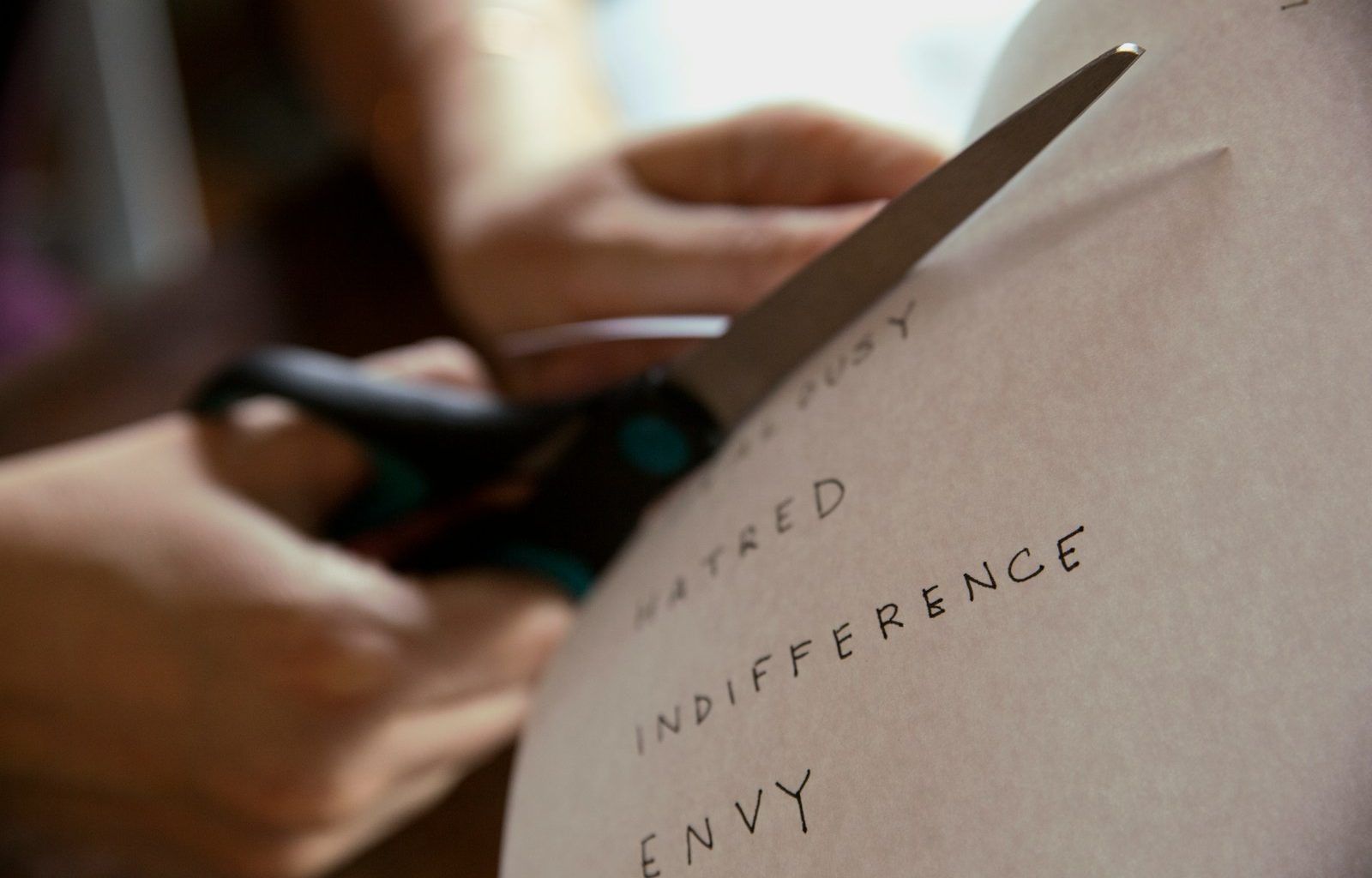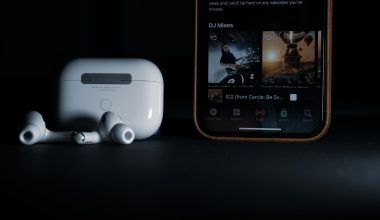The music industry has always been a fascinating space, full of creativity, collaboration, and innovation. But behind the glitz and glamour, many artists have faced challenges, particularly when it comes to retaining control over their music and earning a fair share of their revenue. That’s where artist-owned record labels come in. They’re changing the game and offering a fresh perspective on how music is produced, marketed, and distributed.
So, what exactly are artist-owned record labels? Simply put, these are record labels that are owned and operated by musicians themselves. Unlike traditional labels, which are often controlled by large corporations, artist-owned labels prioritize the needs and visions of the creators. They give musicians a chance to take charge of their careers, make independent decisions, and keep a larger slice of the profits.
Why Are Artist-Owned Record Labels So Important?
For decades, the traditional music industry has been dominated by big players. Record labels often held all the power, controlling contracts, creative direction, and distribution channels. Unfortunately, this left many artists feeling like mere cogs in a machine, with little say in how their work was handled.
Enter artist-owned record labels. These entities allow musicians to break free from the traditional system and take back control. They provide a platform for artists to:
- Maintain creative freedom: Artists can make music that resonates with their vision without interference from corporate executives.
- Own their masters: Owning the rights to their recordings ensures that artists have long-term financial security.
- Directly connect with fans: By removing the middlemen, musicians can build stronger, more authentic relationships with their audiences.
A Glimpse into History
The concept of artist-owned record labels isn’t entirely new. Even in the early days of the music industry, pioneering artists sought to reclaim their independence. For example, in 1959, Ray Charles negotiated a groundbreaking deal with ABC-Paramount Records, granting him ownership of his master recordings. This was a rare and revolutionary move at the time.
Fast forward to the 1990s, and we see the rise of independent labels like Bad Boy Records and Roc-A-Fella Records, founded by artists like Sean “Diddy” Combs and Jay-Z. These labels not only produced hits but also served as a blueprint for future musicians who wanted to take control of their careers.
Modern-Day Examples of Artist-Owned Record Labels
Today, artist-owned record labels are thriving. Some notable examples include:
- TDE (Top Dawg Entertainment): Home to artists like Kendrick Lamar and SZA, TDE is known for its artist-friendly approach and consistent output of quality music.
- Dreamville Records: Founded by J. Cole, Dreamville has become a hub for talent and creativity, nurturing artists like Ari Lennox and JID.
- OVO Sound: Drake’s label has not only bolstered his career but also elevated artists like PARTYNEXTDOOR and Majid Jordan.
- Big Machine Label Group: Although not started by an artist, Taylor Swift’s battle to regain control of her masters has sparked conversations about artist ownership and inspired many musicians to start their own labels.
The Advantages of Artist-Owned Record Labels
You might be wondering, “Why don’t all artists start their own labels?” Well, while it’s not an easy route, the benefits can be incredible. Let’s dive into some of the advantages:
Creative Control
One of the biggest perks is having complete creative control. Artists can experiment with different sounds, collaborate with who they want, and release music on their terms. There’s no pressure to conform to industry trends or chase radio hits.
Financial Freedom
Traditional record deals often leave artists with a small percentage of the revenue. Artist-owned labels flip the script, ensuring that musicians earn a larger share of their hard work. This financial independence can be life-changing, especially in an era where streaming has altered how artists make money.
Building a Legacy
Owning a label allows artists to build something bigger than themselves. They can nurture new talent, create opportunities for others, and leave a lasting impact on the industry.
Challenges of Running an Artist-Owned Label
While the idea of owning a label sounds empowering, it’s not without its challenges. Starting and running a record label requires business acumen, a strong network, and financial resources. Artists must juggle creative responsibilities with administrative tasks, which can be overwhelming.
Moreover, without the backing of a major label, artists might struggle with global distribution and marketing. But with the rise of digital platforms like Spotify, Apple Music, and Bandcamp, these challenges are becoming easier to overcome.
How Technology Is Leveling the Playing Field
The digital age has been a game-changer for artist-owned record labels. Platforms like YouTube, TikTok, and SoundCloud allow musicians to reach millions of fans without a traditional label. Social media has also made it easier to promote music and connect directly with audiences.
Additionally, tools like distribution services (DistroKid, TuneCore) and analytics platforms help artists understand their audience and make data-driven decisions. This technological shift has empowered independent artists and made the dream of owning a label more attainable than ever.
The Future of Artist-Owned Record Labels
Looking ahead, the future seems bright for artist-owned record labels. As more musicians prioritize ownership and creative freedom, we’re likely to see a surge in independent ventures. Fans, too, are increasingly supporting artists who remain authentic and true to their craft.
Moreover, the industry itself is evolving. Major labels are starting to adapt by offering more flexible deals, recognizing that the power dynamics are shifting. This new era of collaboration between traditional labels and artist-owned ventures could lead to a more balanced and equitable industry.
How Fans Can Support Artist-Owned Labels
If you’re a music lover, supporting artist-owned labels is a fantastic way to make a difference. Here’s how you can help:
- Buy directly from the artist: Purchasing music, merchandise, or concert tickets directly from the artist ensures they receive the majority of the revenue.
- Stream their music: Streaming might not pay as much as direct sales, but it’s still a vital source of income for independent artists.
- Spread the word: Share their music with friends, post about them on social media, and help them reach a wider audience.
Final Thoughts
Artist-owned record labels are more than just a trend—they’re a revolution. They’re giving musicians the power to reclaim their art, their revenue, and their legacy. As fans, we have a unique opportunity to support this movement and be part of a music industry that values creativity and independence.
So, the next time you discover a song that speaks to your soul, take a moment to learn about the artist behind it. Chances are, they’re working hard to build something extraordinary. And who knows? You might just find yourself inspired to chase your own dreams too.
Related Articles:
For further reading, explore these related articles:
- Closer Song: The Story, Success, and Why We Love It
- How Many Songs Does BTS Have? A Fun Journey Through Their Music
For additional resources on music marketing and distribution, visit DMT RECORDS PRIVATE LIMITED.






